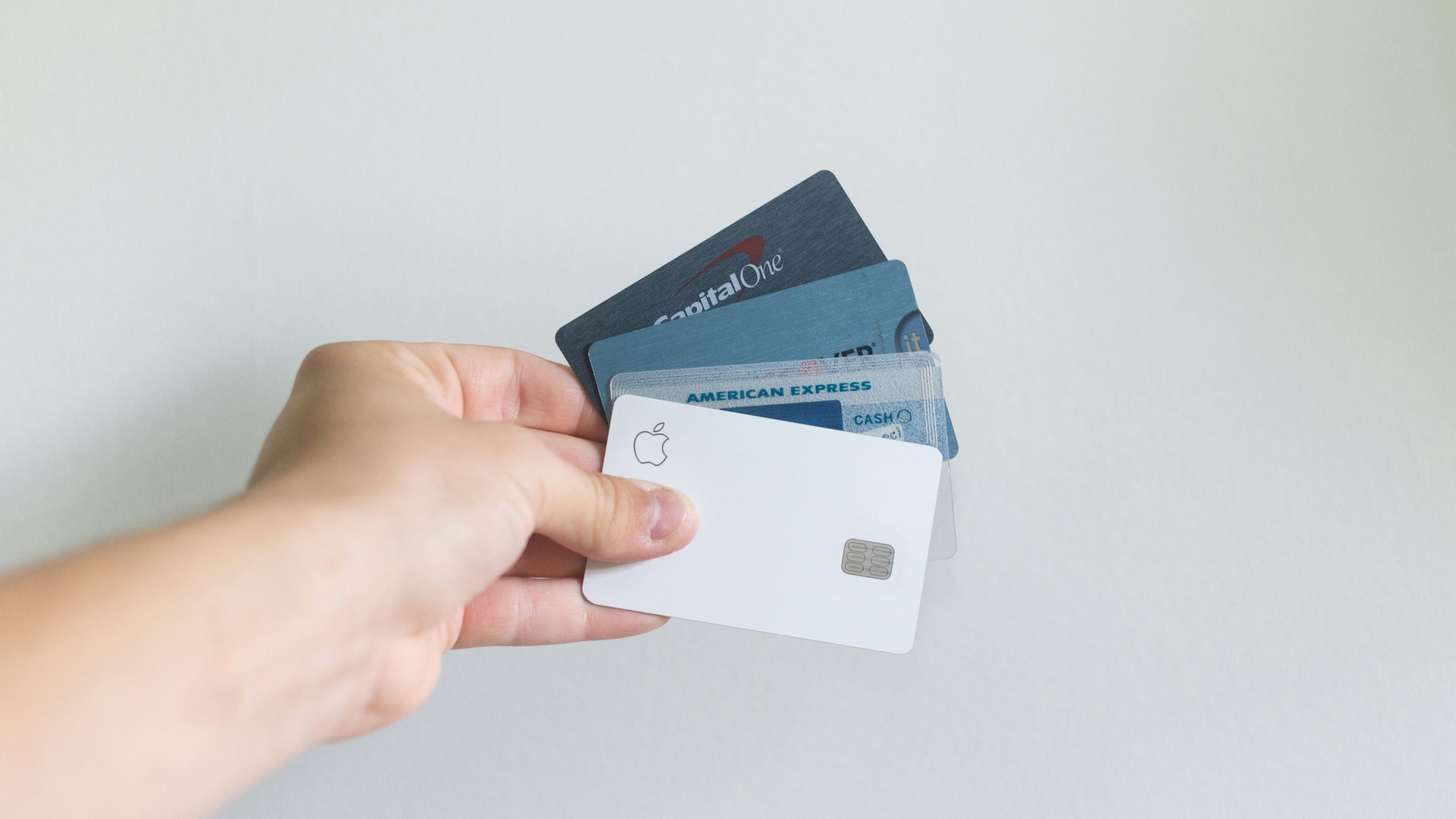
Every January and often again in September, social media fills with declarations: “It’s a no-spend month!” The idea is simple and seemingly smart. Cut out all non-essential spending for 30 days to reset your habits and boost your savings. No takeout, no shopping, no impulse Amazon buys. Just the essentials: rent, groceries, bills. It’s a financial detox meant to build discipline and savings.
But like many things in wellness and finance culture, what sounds like a healthy reset can sometimes backfire. More and more budget-conscious people are starting to realize that no-spend months might be doing more harm than good—not only to their wallets but also to their mindset and long-term relationship with money.
So, if you’ve ever felt guilty about buying coffee during a no-spend challenge or gone on a shopping binge the minute it ends, you’re not alone. Let’s unpack why these rigid spending freezes might not be the financial fix they promise to be.
What Is a No-Spend Month, Really?
The rules of a no-spend month vary depending on the person or challenge, but the core idea is the same: stop spending money on anything outside of necessary expenses. That usually means:
-
No dining out
-
No shopping for clothes, books, or home goods
-
No streaming or subscription upgrades
-
No entertainment purchases
The goal? Create short-term deprivation to build long-term awareness. Ideally, by cutting out all extras, you’ll realize how much money goes toward things you don’t actually need. Then, moving forward, you’ll spend more mindfully. But what happens when this restriction becomes a cycle of binge and shame?
Why It Doesn’t Always Stick
Just like crash diets, no-spend months can lead to all-or-nothing thinking. You’re “good” when you’re not spending and “bad” when you are. That mindset can be just as harmful as overspending because it treats money like something you either have total control over or none at all.
Once the month ends, many people reward themselves with what they weren’t “allowed” to buy—sometimes spending even more than they saved. It’s the same psychological response we have when we break a diet and suddenly crave everything we’ve been avoiding. Restriction breeds rebellion.
So, while you may have technically saved money during the no-spend month, the following month could see those savings erased in a spending rebound.
No-Spend Months Can Mask the Real Problem
No-spend months focus on the act of spending, but they rarely address why we spend. For many of us, spending money isn’t just a financial action. It’s emotional. We shop when we’re stressed. We buy things to feel better, feel accomplished, feel worthy. If your budget is constantly being thrown off course, it might not be a lack of discipline. It could be emotional spending that hasn’t been acknowledged.
When you eliminate spending without exploring your triggers, you’re not solving the problem. You’re just ignoring it for 30 days. And when it comes back, it often hits harder. Instead of banning all spending, it can be more helpful to journal or reflect on your emotional habits with money. Ask: What are the moments I’m most tempted to shop online or eat out? What am I feeling in those moments? What am I trying to avoid?
It Can Undermine a Sustainable Budget
One of the main goals of personal finance is to create a sustainable lifestyle. A budget that you can live with. Not for 30 days. For your actual life. But no-spend months often disrupt your rhythm, making your budget feel like a punishment rather than a plan.
A truly functional budget should include small joys. Yes, that includes a weekly latte or the occasional takeout. It should make room for you to live, not just survive. If your budget only works when you’re depriving yourself, it’s not realistic. And it’s probably not going to last.
Spending freezes also don’t teach you how to make smart spending decisions in the real world. It’s easy to stay “on track” when you’re saying no to everything. But learning how to say yes to the right things, that’s where the real growth happens.

Guilt-Based Finance Culture Is Exhausting
We’re living in an era of content-driven self-improvement. Budget TikToks. Hustle Instagram. Minimalist YouTube. The pressure to always be optimizing your spending, your time, your home, and your habits can be overwhelming. And no-spend months often tap into the same energy that you’re not doing enough if you’re not restricting more.
However, guilt is not a great financial motivator in the long run. What happens when you go over budget or crack on day 12? Most people spiral. They give up entirely. They assume they “failed.”
Instead, a more compassionate, flexible approach to spending is often far more effective. Think: “What’s worth spending on?” or “What brings value to my life?” instead of “What can I cut?”
What to Try Instead of a No-Spend Month
If you love the idea of resetting your budget but hate the rigidity of no-spend challenges, try these gentler alternatives:
-
A mindful spending week: Track your purchases and journal why you made them. Awareness without restriction.
-
A “one treat a week” rule: Build in room for something joyful without blowing your budget.
-
A savings goal challenge: Instead of cutting spending, focus on adding $X to savings each week in whatever way feels achievable.
-
A “pause before you purchase” rule: Wait 48 hours before buying non-essentials. Often, the urge passes.
These options still encourage intentionality but don’t require going cold turkey, which, let’s be honest, almost never works long-term.
Sustainable Over Strict
There’s nothing inherently wrong with a no-spend month. For some, it can be a wake-up call or a great tool for short-term goals. But for many, it leads to guilt, unsustainable habits, and a budget built on scarcity instead of values.
Your financial plan should feel empowering, not punishing. You don’t need to cut everything out of your life to get your money right. You just need to get honest about what matters and build from there.
Have you ever tried a no-spend month, and did it actually help or just make you feel more stressed?
Read More:
12 Reasons You Make Bad Money Decisions
You’re Not Broke—You’re Budget-Blind: The Money Mistakes You Don’t Realize You’re Making










